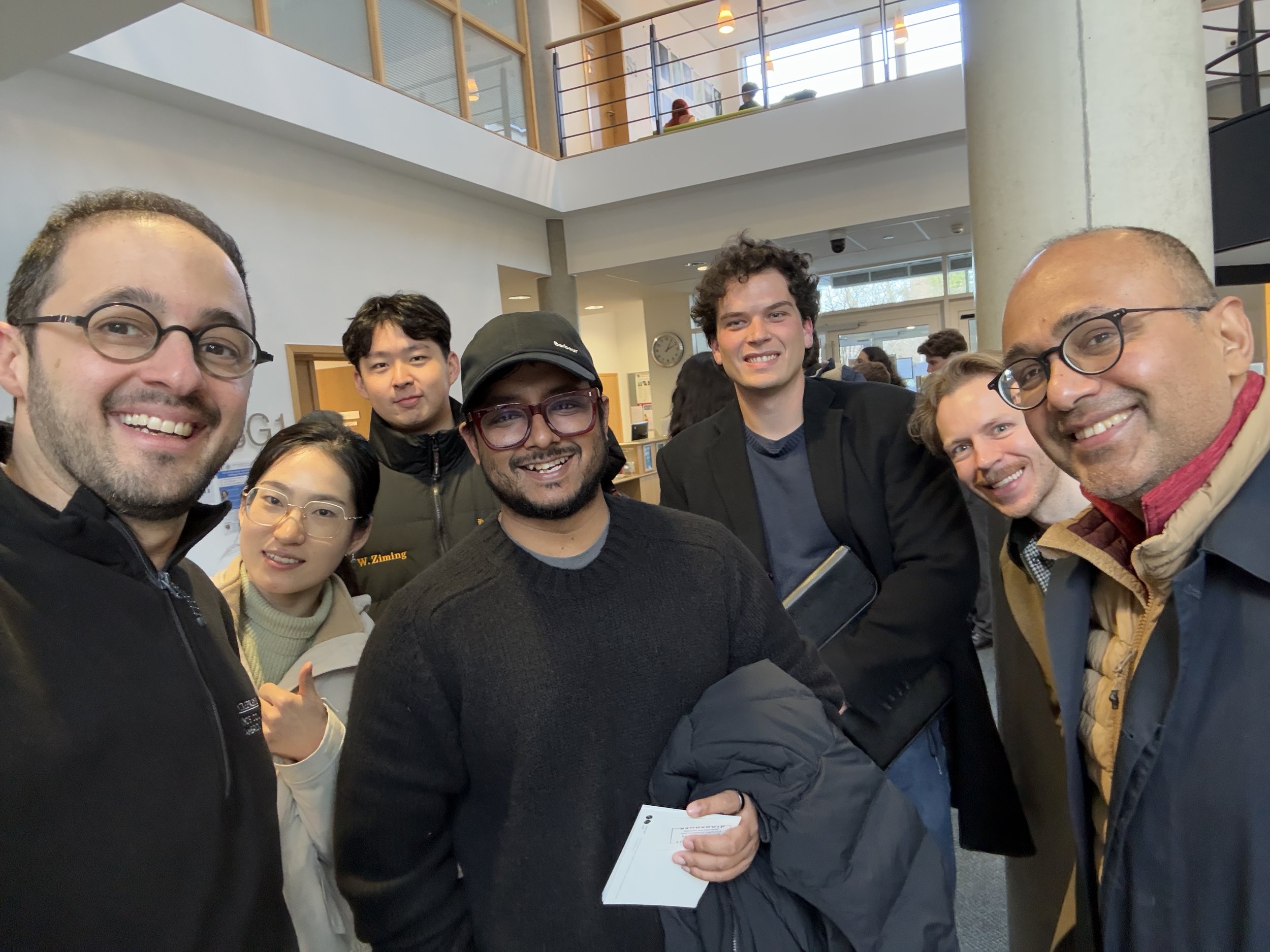Connor O'Brien (King’s College, University of Cambridge) will be presenting his work on “Debt-for-Nature Swaps and the Privatization of Structural Conditionality”
About this session: Recent, high-profile debt-for-nature swaps – which exchange debt relief for nature conservation commitments – have privatized structural conditionality. This controversial form of conditionality, whereby public creditors transform debtor state institutions and policymaking agendas, is now an instrument of private-led nature conservation promotion. Drawing on evidence from large-scale, albeit understudied, commercial swaps with Belize, Barbados, Ecuador, and Gabon, I advance three claims. The swaps are private as international NGOs and investment banks have led the design, negotiation, and implementation of their nature conservation commitments. They are structural because these commitments transform domestic nature conservation governance. And they constitute conditionality due to their stringent enforcement mechanisms. Thus, recent debt-for-nature swaps confound the scholarly consensus that only public actors deploy structural conditionality. The swaps’ intrusive nature further challenges restrictive conceptions of private environmental authority. In leveraging existing indebtedness, private actors govern as authoritative principals delegating nature conservation commitments to debtor states.
Connor O'Brien is a second-year Politics PhD student at Cambridge (King's College), specialising in international political economy.
When: Monday 27th of January
12.30-13.00 Light lunch and networking
13.00-14.00 Talk and Q&A.
Where: CRASSH meeting room (Alison Richards Building) on the Sidgwick site.
Lunch: A light lunch will be provided, but bring along your drink of choice!
Zoom: You can also join us virtually on Zoom.
The weekly climaTRACES workshops, organised by Kamiar Mohaddes and Henning Zschietzschmann, are attended by a diverse group of people from economics, geography, politics, engineering, business, earth sciences, natural sciences, and history, generating interdisciplinary discussion. One person leads the session, on either a paper they have written, a work in progress, or just an idea they have and would like feedback on. This is also an opportunity for people to find our more about the team on what climaTRACES have been up to and what future events and research projects are being developed.

